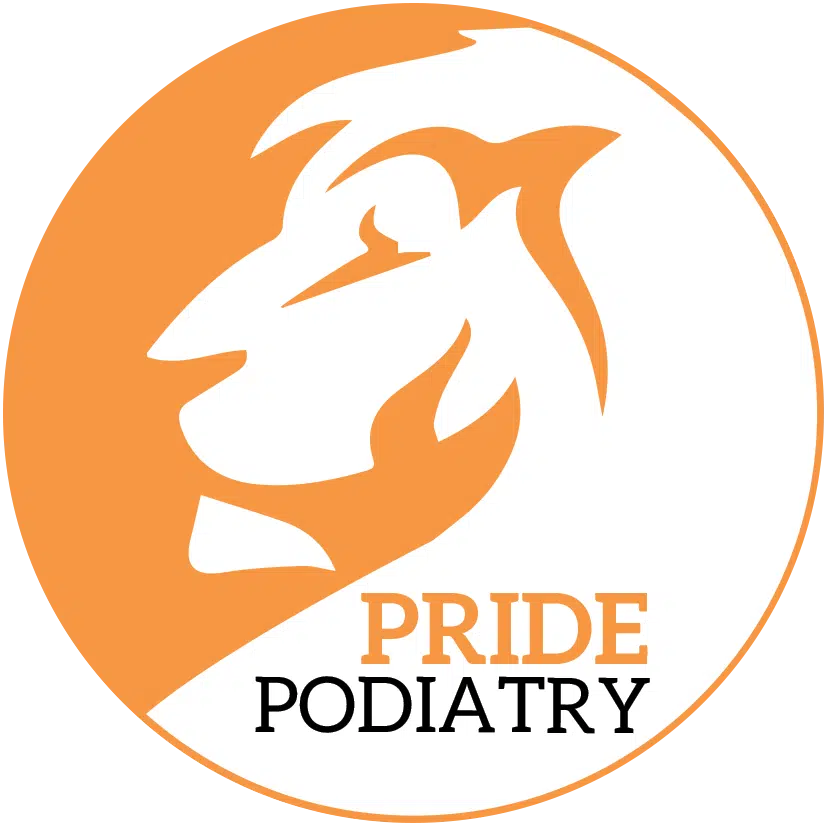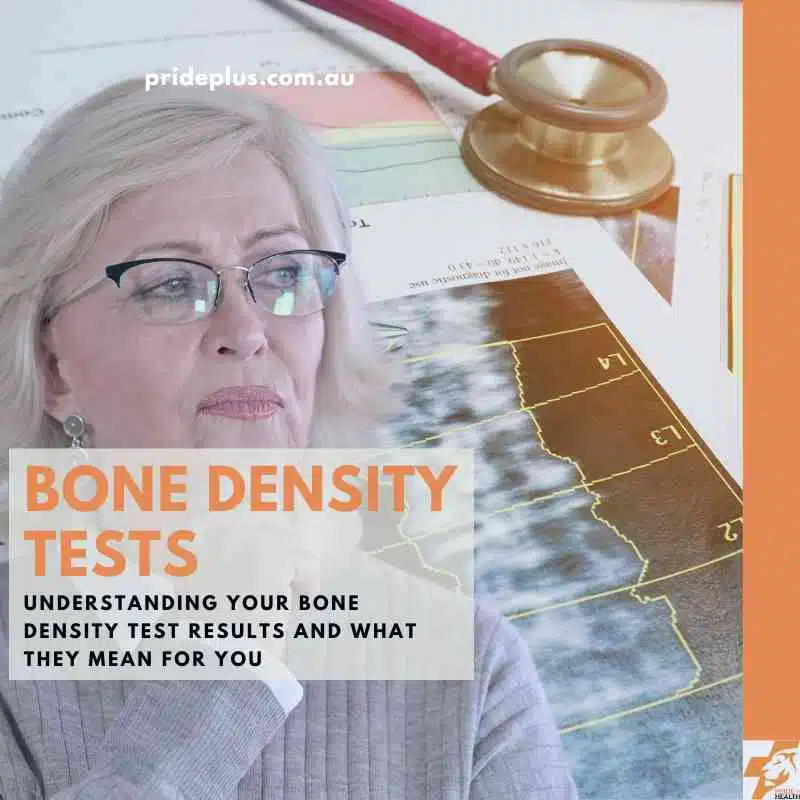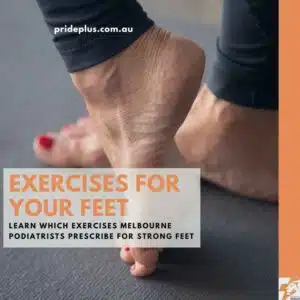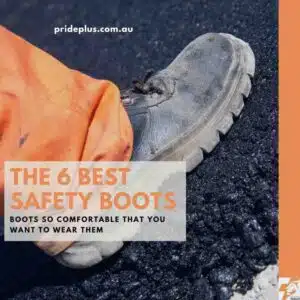What do bone density tests, year 9 maths exams, and test match cricket all have in common?
The higher your score, the better your result.
But unlike trying to remember the quadratic formula or concentrating on scoring runs for hours on end, a bone density test is fast, simple and you’re not likely to break a sweat.
So why do you need a bone density test? How much does the cost? What does score or result mean for you?
Let’s forget the maths and get deep into all things bones.
What is a bone density test?
A bone density test is a scan that determines how dense are your bones.
And by density, we’re not talking big bones, we’re talking just how strong (and unlikely to break) they are. Bone density tests are commonplace for many in Australia as the number of people who suffer from osteoporosis and osteopenia is incredibly high.
Studies have shown that 43% of people over the age of 50 have osteopenia.
When you couple that with the fact that a standard X-ray isn’t going to show up osteoporosis until it is severe, a bone density test is something that you can have done to give you a clear understanding of what your bone strength is like right now, and then you can address any deficits if they’re there.
The old say, what gets measured, gets managed.
If you’re measuring your bone density regularly (when you’re in an at-risk group for developing osteoporosis) you’ll be motivated and prepared to do what you must to ensure your bones get strong and stay strong for years to come.
How a bone density test is done
A bone density test is similar to other imaging procedures you’ve had before.
You head into your radiology clinic and you’ll be welcomed and introduced to the procedure and equipment. Unlike an MRI (magnetic resonance imaging) which can be quite loud and claustrophobic when you get in the tube, a bone density test is much more open and quieter.
Laying down on a bed, a couple of X-rays are taken of your bones at different angles. This allows for the radiation to penetrate (oh, it’s only a very low dose of radiation too, you won’t start glowing green) and the machine can determine how dense or thick your bones are.
It’s fast too – only taking 10 minutes or so to have your bone density test complete and then your results will be calculated and when you review with your doctor, you’ll get a result in the form of a T-score.
Wait, T-score?
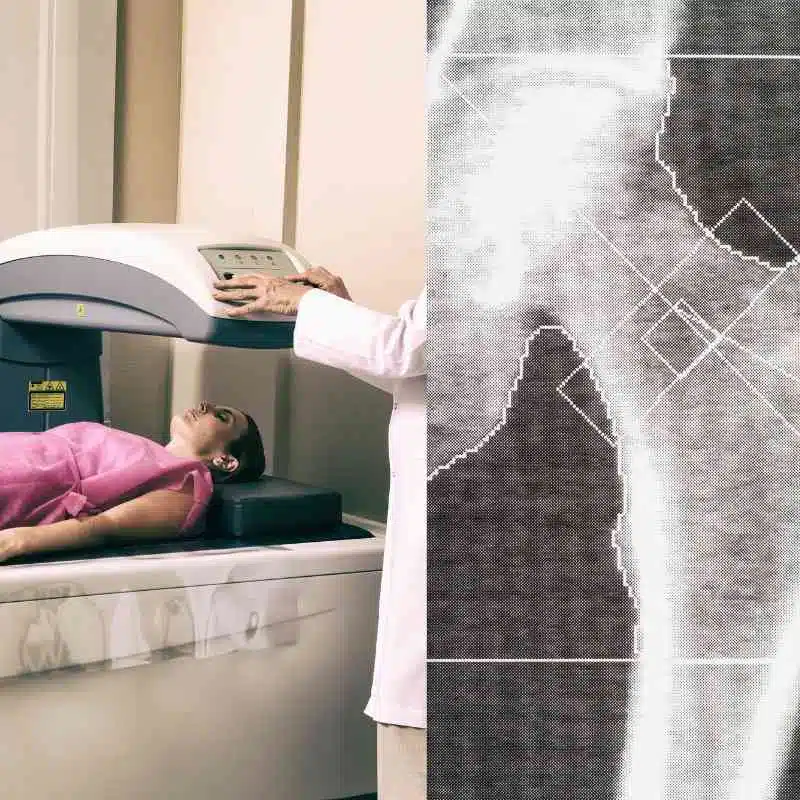
Understanding your bone density test results
Your bone density test results are in the form of a T-score, the higher the score, the more bone mass (stronger) and dense your bones are. Also, your risk of fractures decreases as your T-score increases.
It sounds straightforward, but a lot of hard work has gone into that T-score.
Through extensive research across humungous population groups, T-scores are developed and form a reference population. So when you get your result, your T-score will be calculated and compared to others.
A T-score of less than -2.5 indicates osteoporosis and the bigger the number the stronger your bones are.
How much does a bone density test cost?
The cost of a bone density test in Australia varies between $80 and $160 but for many, the actual cost is much less.
This is because there are medicare rebates (and many radiology clinics bulk bill) for some (not all) people who are at high risk of having osteoporosis. At the time of writing, if you are:
- over 70 years old.
- have experienced menopause for more than 6 months before the age of 45.
- require a diagnosis for monitoring your bone density when you have specific other health conditions (including rheumatoid arthritis).
- are presumed to have osteoporosis after experiencing bone fractures from minimal trauma.
- require regular bone density testing to monitor your bone mineral density (after 12 months from the last test).
You are likely to be eligible for a Medicare rebate for your bone density testing. Your GP or specialist must be the referrer to arrange this for you.
What will I experience during and after the procedure?
A bone density test is a simple, non-invasive and safe procedure.
You won’t feel anything. There are minimal loud noises, no sharp instruments and it’s pretty quick too. So as long as you’re able to lay down on a flat couch for a few minutes you’ll be back on your feet and getting on with your day very quickly.
Where you can get a bone density test in Melbourne
In Melbourne, you can get a bone density test at most large privately run radiology clinics as well as some public hospitals.
The costs vary slightly and as mentioned above, you must be eligible and have a referral from your doctor to get a test done.
What about DEXA scans?
A DEXA scan is another name for bone density testing.
Sometimes you’ll read it as DXA scan, other times DEXA scan, and you might even come across the full name dual-energy x-ray absorptiometry.
That’s a mouthful, trying to say it 10 times fast!
Who should have a DEXA bone density test?
DEXA scans should be performed when you and your doctor deem it clinically relevant.
Usually, if you haven’t yet had a DEXA scan before you’ll be considering if you have significant risk factors for developing osteoporosis. Other factors that you and your GP will consider:
- women over 65
- men over 70
- adults who have lost ~3cm in height
- adults who have suffered a fracture with minimal trauma
- adults who are taking medications like steroids which are associated with bone loss
- heavy smokers and drinkers
How often should you get a DEXA scan?
Most people who have osteoporosis or osteopenia get a DEXA scan every 18 – 24 months.
Bone density loss is a slow, and silent (usually symptom-free) disease process. As such, you won’t notice too many changes to your bone density results if you’re getting DEXA scans all the time. This can make it tricky for you as you will no doubt have improved so many habits to improve your bone density and getting a good mark on a test is a great way to reinforce and maintain them.
Imagine if you made all the changes you should improve your bone density.
- You improve your diet to get plenty of calcium and vitamin D.
- Resistance and high-impact exercises become your go-to energy booster every day.
- And you cut down on alcohol and give up smoking.
If you did all those things, there’s no doubt in my mind that you would start feeling better, but it would be great to get that report card, that T-score after a couple of months to reinforce and reward your mind that you’re doing the right thing.
Unfortunately, it just doesn’t work like that.
So we’ve found that instead of using T-scores as your only measure of how you’re doing, use other proxies for your success.
In our Strong To The Bone exercise class, our clients share their wins, celebrating the good habits and extra energy they have as they improve their bone density. There’s also the added accountability and support from expert exercise physiologists who can guide you on your path to strong bones.
And yes, in time, your T-score will improve.
Keeping your bones healthy
We touched on it above, but let’s go into more detail now. Keeping your bones healthy is really about keeping you healthy.
Diet, exercise, activity, sleep.
You know they’re important, but getting the right foods (or calcium supplements in some cases) as well as doing the right exercises and the right time, goes from being simple to complex.
So we’ve made it easy.
Join the Strong To The Bone program in Pascoe Vale where you and a select group of fellow locals who are keen to improve their health and bone density will exercise, support and celebrate with each other as you build strong, dense and healthy bones.
About the Author

Melbourne podiatrist and La Trobe Clinical educator Tim Mulholland is on a mission to help increase the awareness and understanding of the importance of healthy bones. Maybe it was his own broken bones, maybe it’s the strong family history of osteoporosis? Whichever the reason, if you’re at risk of osteopenia or osteoporosis we hope this helps you.
